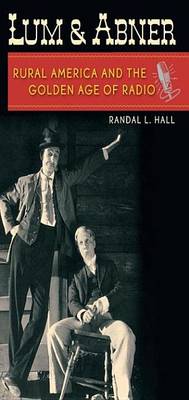New Directions in Southern History
2 total works
Manufacturing in the Northeast and the Midwest pushed the United States to the forefront of industrialised nations during the early nineteenth century; the South, however, lacked the large cities and broad consumer demand that catalysed changes in other parts of the country. Nonetheless, in contrast to older stereotypes, southerners did not shun industrial development when profits were possible. Even in the Appalachian South, where the rugged terrain presented particular challenges, southern entrepreneurs formed companies as early as 1760 to take advantage of the region's natural resources.
In Mountains on the Market: Industry, the Environment, and the South, Randal L. Hall charts the economic progress of the New River Valley in the Blue Ridge Mountains of southwestern Virginia, which became home to a wide variety of industries. By the start of the Civil War, railroads had made their way into the area, and the mining and processing of lead, copper, and iron had long been underway. Covering 250 years of industrialisation, environmental exploitation, and the effects of globalisation, Mountains on the Market situates the New River Valley squarely in the mainstream of American capitalism.

